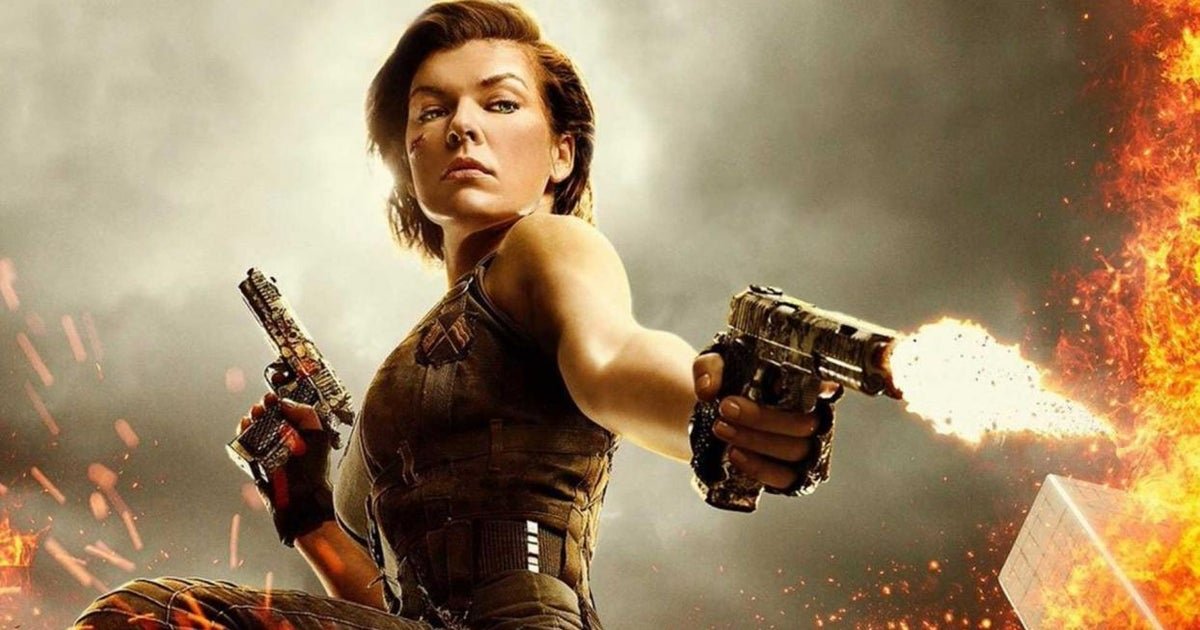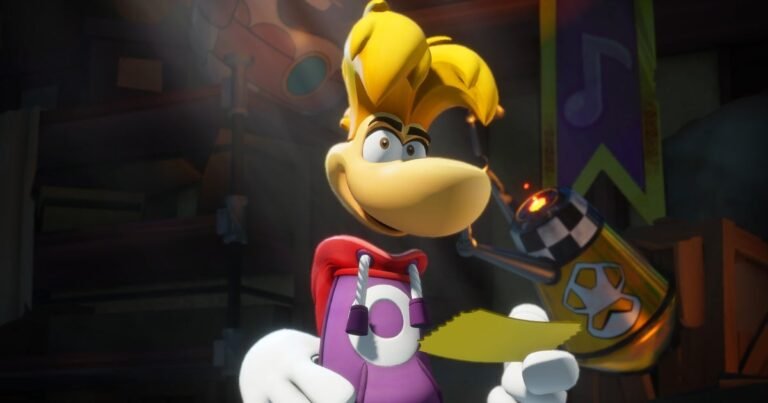
Currently, Hollywood is showing a strong interest in the video game industry, with numerous series and movies already produced or in production that demonstrate how it is capitalizing on this source. However, this was not always the case. In fact, at one point, Hollywood chose to overlook video games entirely.
From Ignored to Beloved: The Evolution of Video Game Adaptations
Marc Mostman, a representative of Capcom involved in their distribution efforts, revealed to Time Extension that the company faced significant challenges in finding a Hollywood studio interested in their properties. The concept of a Resident Evil movie originated from an employee in Capcom’s licensing department in the United States back in 1996, who believed that Resident Evil had the potential to be adapted into a successful film.
Upon hearing about the upcoming release of Resident Evil, Don Friedman contacted Mostman, emphasizing the need to turn the game into a movie. This led the department to create a gameplay video showcasing key scenes, such as encountering zombies and vicious dogs, to pitch to Hollywood executives. Despite positive feedback from stores recommending Resident Evil, most studios declined the opportunity, except for the German company Constantin Film. Familiar with the game and intrigued by the idea, Constantin Film promptly agreed to the adaptation.
The first installment of the Resident Evil movie series, featuring Milla Jovovich, premiered in 2002, five years after striking a deal with Constantin Film. Paul W.S. Anderson spearheaded this venture, resulting in a total of six movies released between 2002 and 2016. While opinions among audiences vary, the films managed to meet the expectations of the companies involved.
The announcement of a new Resident Evil movie ignited a competitive bidding war among various Hollywood companies, underscoring the significant shift in attitude towards video game adaptations over the past three decades.
Watch on Youtube: [Link to the video](https://www.youtube.com/watch?v=videoID)



